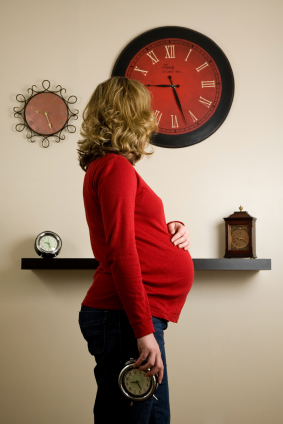Avoiding Diabetes When Pregnant
Gestational diabetes or pregnancy diabetes is a condition that can occur in women with no (family) history of diabetes. This type of diabetes renders the body unable to use all of the needed insulin when the woman is pregnant.
As insulin is the hormone that enables the body to process food into energy, the sugars (glucose) from the food that you eat do not end up in the cells but end up in the blood if there is no insulin to convert these sugars. As not enough energy is produced due to this process, the body tissues are starved for energy, and high blood sugar levels can travel through the placenta and cause future health problems for the foetus.
Hormones needed for the baby to grow block the performance of insulin created by the body and the increase of weight during pregnancy are the main causes for pregnancy diabetes. Women over 25 years old, overweight women and Hispanic, African-American, Native-American, Asian-American, Indigenous Australian or Pacific Islandic women run a higher risk of developing this type of diabetes.
Being thirstier than normal, increased hunger and urinating more can point to the possibility of diabetes, experiencing these symptoms should prompt you to see a doctor, especially when pregnant. A glucose test is used to check the blood sugar levels in the urine, and retesting is usually done after 24 weeks into the pregnancy.
After having been diagnosed with diabetes, a balanced diet enriched with lots of fruit and fibrous products, and limiting the intake of products that are rich in fat will help regain the balance of glucose levels in the blood stream. Mild exercise and weight control are of course beneficiary. A daily, 20 minute exercise regime is best to control diabetes, calories are burnt faster and the glucose level in the blood is lowered. Dieting when pregnant should always be done under the supervision of a doctor, as whatever is eaten also affects the foetus.
Maintaining a healthy diet while pregnant will also make having to lose weight or dieting after having given birth unnecessary as the body will have less trouble getting back into shape. Especially women who have experienced a still birth before and women who have given birth to a large baby before their current pregnancy run a slightly higher risk of developing gestational diabetes. With the right treatment and awareness, health risks for mother and child can be reduced and avoided.

